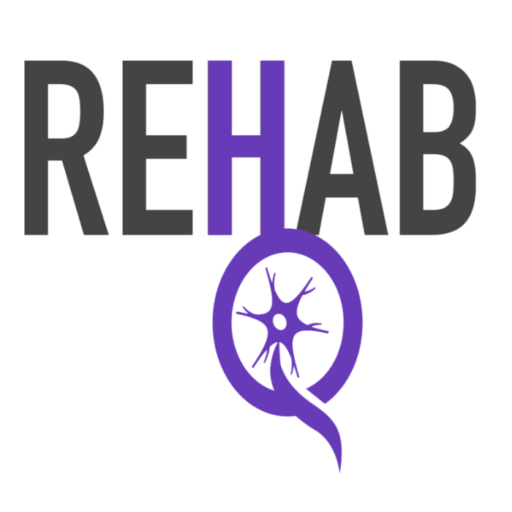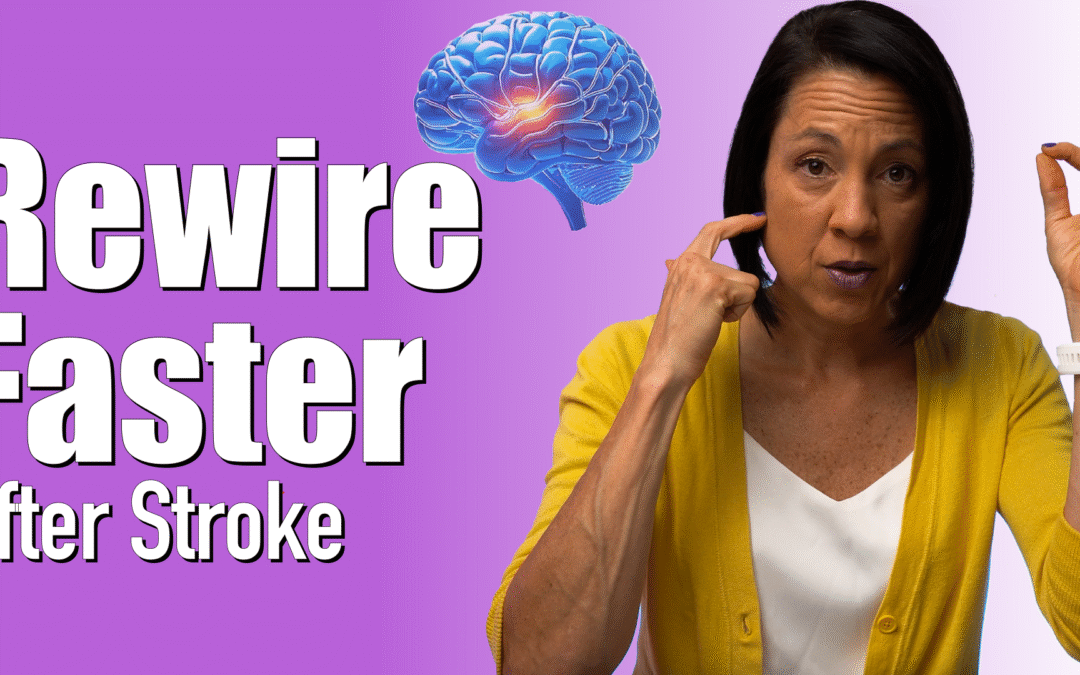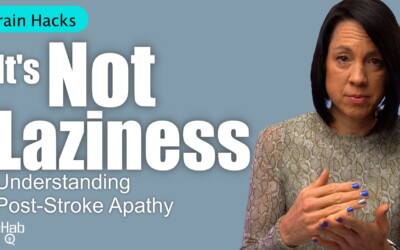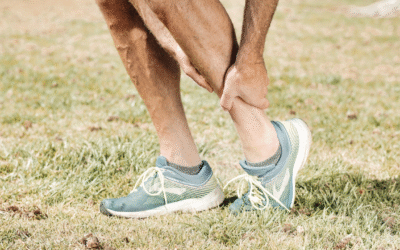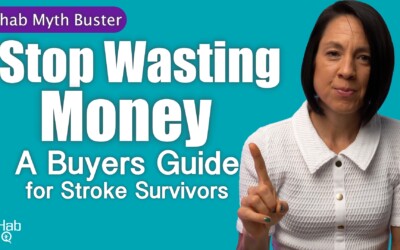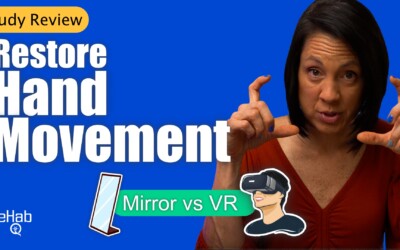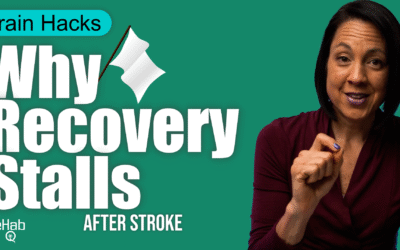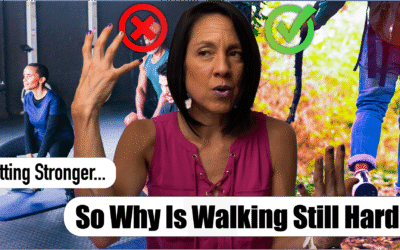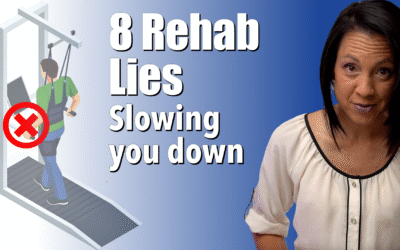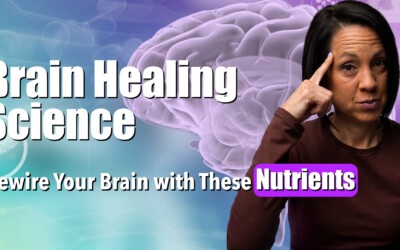Want to Rewire Your Brain Faster After Stroke? Try These 3 Habits
If you’ve been on this neuro-recovery journey, you know it can feel like progress is slow. You do your exercises, you follow instructions, but sometimes your brain seems… stubborn. I get it. I’ve seen it in hundreds of patients over 22 years. And here’s what I’ve learned: your brain responds best when you challenge it in new ways.
I want to share three brain habits that I’ve seen make a real difference. Habits that go beyond the usual exercises and can actually help your brain rewire faster. These aren’t just theory. I’ve used them in therapy sessions and at home programs with real patients, and the results are encouraging.
Habit #1 Novel Movement Challenges: Wake Your Brain Up
Your brain loves novelty. When you throw something new at it, it wakes up, pays attention, and gets primed to rewire.
Some of my favorite “novel movements” to incorporate:
- Walking backwards in a hallway (safely!)
- Walking on an unfamiliar or slightly uneven surface (safely, of course)
- Doing exercises that cross midline, this means reaching across your body:
- March and tap your opposite hand to your knee
- Stand still in a corner and reach for objects across your body
- Tap your foot across midline
Crossing midline is a game-changer. The first time I get a patient reaching across their body, it’s like a switch flips their brain just lights up in a whole new way.
Why does this work? Because repetitive and predictable exercises can make the brain go into “autopilot.” But when something feels unexpected, that’s when brain reorganization, the rewiring we want really happens.
Habit #2 Music and Rhythmic Movement: Let the Beat Guide You
If you’ve ever noticed it’s easier to move to music, you’re not imagining things. The motor areas of your brain (movement) and the auditory areas (hearing) are neighbors, and when they sync up, your movement quality improves.
One simple way to try this is to download a metronome app and clap, march, or step to the beat. Or make it fun by putting on your favorite song and walking or tapping along.
I’ve used this with patients who have Parkinson’s disease, but I’ve also seen it help stroke survivors and people with MS. There’s research to back this up too. Studies show that pairing rhythm with movement can improve motor function after neurologic injuries.
Habit #3 Visualization: Train Your Brain Even When You Can’t Move
If you’ve ever thought, “I can’t move my arm, so what’s the point?”, think again. Visualization, or mental practice, is a powerful tool in neuro-rehab.
Simply imagining movement activates the same motor areas in your brain as physically moving the limb. Functional MRI studies show that when you visualize your arm lifting or your leg stepping, the motor areas of your brain light up even if your body isn’t moving yet.
It doesn’t replace real movement, but it enhances it. Here’s how you can use it:
- Sit quietly and picture your arm or leg moving normally (walking, reaching, or picking up a cup)
- If your therapist or caregiver is moving your arm, don’t just sit there. Watch your arm and imagine yourself doing it
- Caregivers: guide the person’s attention to the moving limb it’s prime time for brain activation
Final Thoughts
Recovery isn’t only about grinding through exercises, it’s about engaging your brain in the right ways. By adding novelty, rhythm, and visualization into your daily routine, you can help your brain rewire faster and more effectively.
Here’s what I want you to remember:
Recovery is possible. Your brain is capable of more than you think. And sometimes, the little things, like walking backwards, moving to music, or picturing your arm reaching can make the biggest difference.
Try adding one habit today: maybe walk backwards safely in your living room, clap along to a song, or visualize moving your affected limb while resting. Small consistent steps make a huge difference over time.
I’d love to hear from you. Do you already use any of these habits in your recovery? Have you noticed changes when you move to music, or when you picture yourself moving? Share your experiences with us. I learn from you as much as you learn from me, and your story might help someone else take their recovery to the next level.
If you want more structured exercises, guided routines, and research-backed strategies, check out our membership plans. You get 24/7 access to curated home exercises, videos, and support to help you take full ownership of your recovery.
Articles you may be interested in
Stroke Recovery and Apathy: What It Is and How to Overcome It
What’s Really Going On When Motivation Disappears After Stroke Recovering from a stroke is a journey that requires strength, patience, and persistence. But for many stroke survivors, the hardest part isn’t weakness, fatigue, or memory loss. It’s something less visible...
Spasticity or Weakness? Understanding Your Stroke Symptoms
How Can You Tell If It’s Spasticity or Weakness After Stroke? https://youtu.be/3QR9D4rBNhc If you’ve had a stroke, you’ve probably heard a few of these words tossed around: spasticity, weakness, stiffness, foot drop. They might all sound similar, but they each tell a...
Master Ankle Mobility: Exercises for Better Walking
Ankle Mobility Exercises to Boost Balance and Walking Ankle stiffness is one of the most common issues people face after a stroke or any neurologic injury. It can make walking harder, cause your toes to catch, or even affect your balance. But here’s the thing,...
Improve Focus and Attention After Stroke
Stroke Recovery: How to Regain Focus and Attention Faster https://youtu.be/ul0wUgXravo When most people think about recovery after a neurologic injury like a stroke, brain injury, or MS, they often focus on the physical side. Strength. Repetitions. Muscle activation....
Should You Spend Money on Stroke Rehab Devices?
Are Trendy Rehab Treatments and Devices Worth It? Here's My Honest Take https://youtu.be/T69LavHLdIQ Should you be spending your hard-earned money on all those rehab devices popping up in your social media feed? And if so, which one is actually worth it? The truth?...
Restore Hand Movement After Stroke with Mirror Therapy
Mirror Therapy & VR: Stroke Recovery for the Hand https://youtu.be/OeThZMwJt40 If you’ve lost movement in your arm after a stroke, you’ve probably wondered: “Is my arm just weak, or is something deeper going on in my brain?” That’s not because your muscles forgot...
Stroke Recovery Plateau: What to Do
Why Stroke Recovery Stalls and How to Push Through Recovery may feel stuck, but progress is still possible. Here’s how to keep improving after a plateau. https://youtu.be/w6xZZpx7tDY Recovering from a stroke or neurologic injury can feel overwhelming. Walking,...
Why Your Stroke Exercises Aren’t Helping and How to Fix It
Stroke Recovery Tips: When Exercises Don’t Seem to Work https://youtu.be/9r06T9gtsYc Is it possible to be making progress after a stroke or neurologic injury and still feel like your movement is getting stiffer, heavier or just plain harder?Absolutely. And let me tell...
Stroke Recovery Myths Debunked: The Truth About Healing
8 Neuro Rehab Myths That Are Holding You Back (And What to Do Instead) Debunking Common Myths About Neurologic Recovery https://youtu.be/chTfi1d5kn4 If you’ve ever been told that your recovery after a neurologic injury has an expiration date, or if your physical...
Best Foods for Brain Healing and Mental Clarity
Brain Recovery Nutrition How Diet Fuels Healing and Focus https://youtu.be/P5UJMJJRVdw When it comes to stroke recovery, exercise and rehab often take the spotlight. But what if the foods you eat and the nutrients inside them could also play a powerful role in healing...
